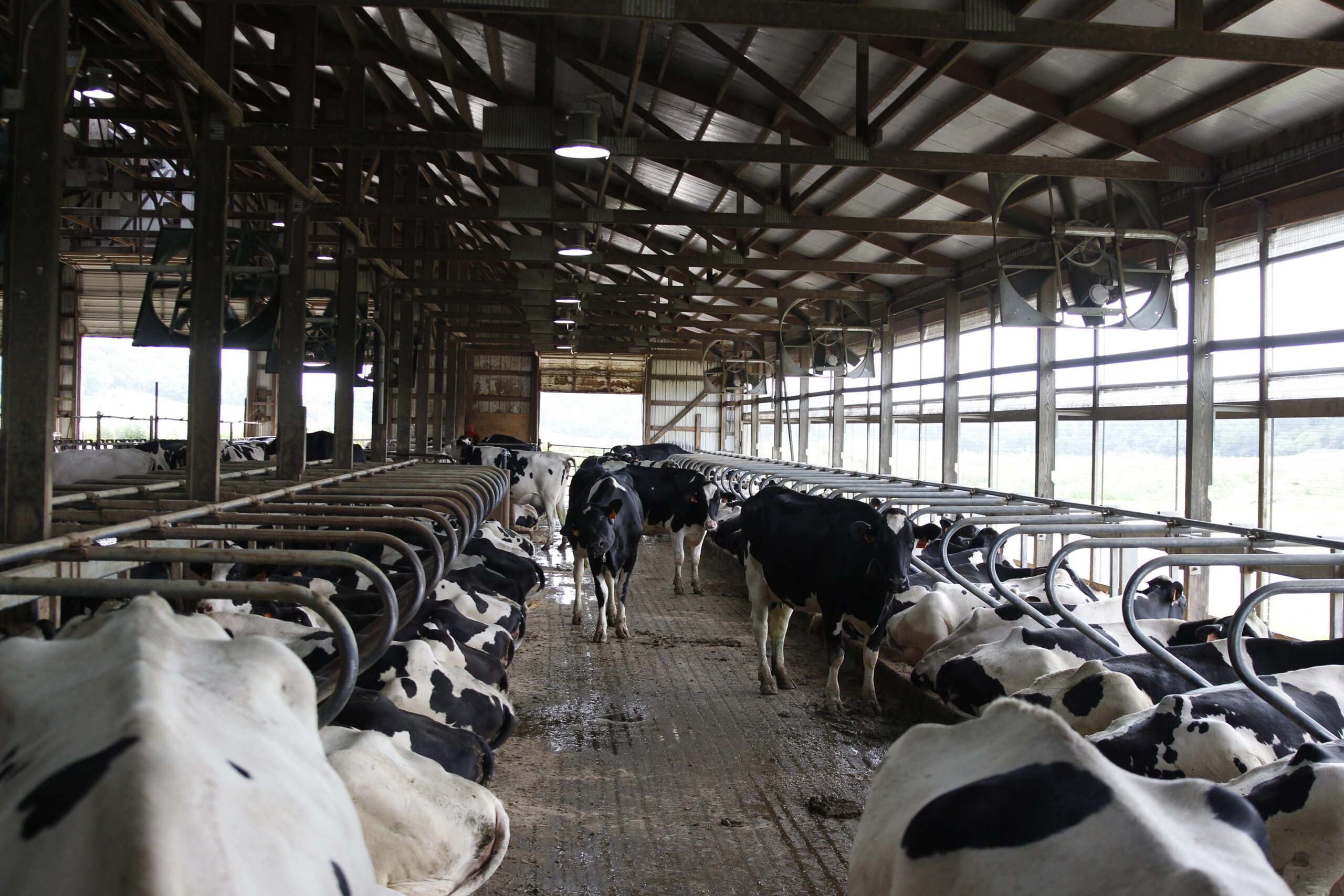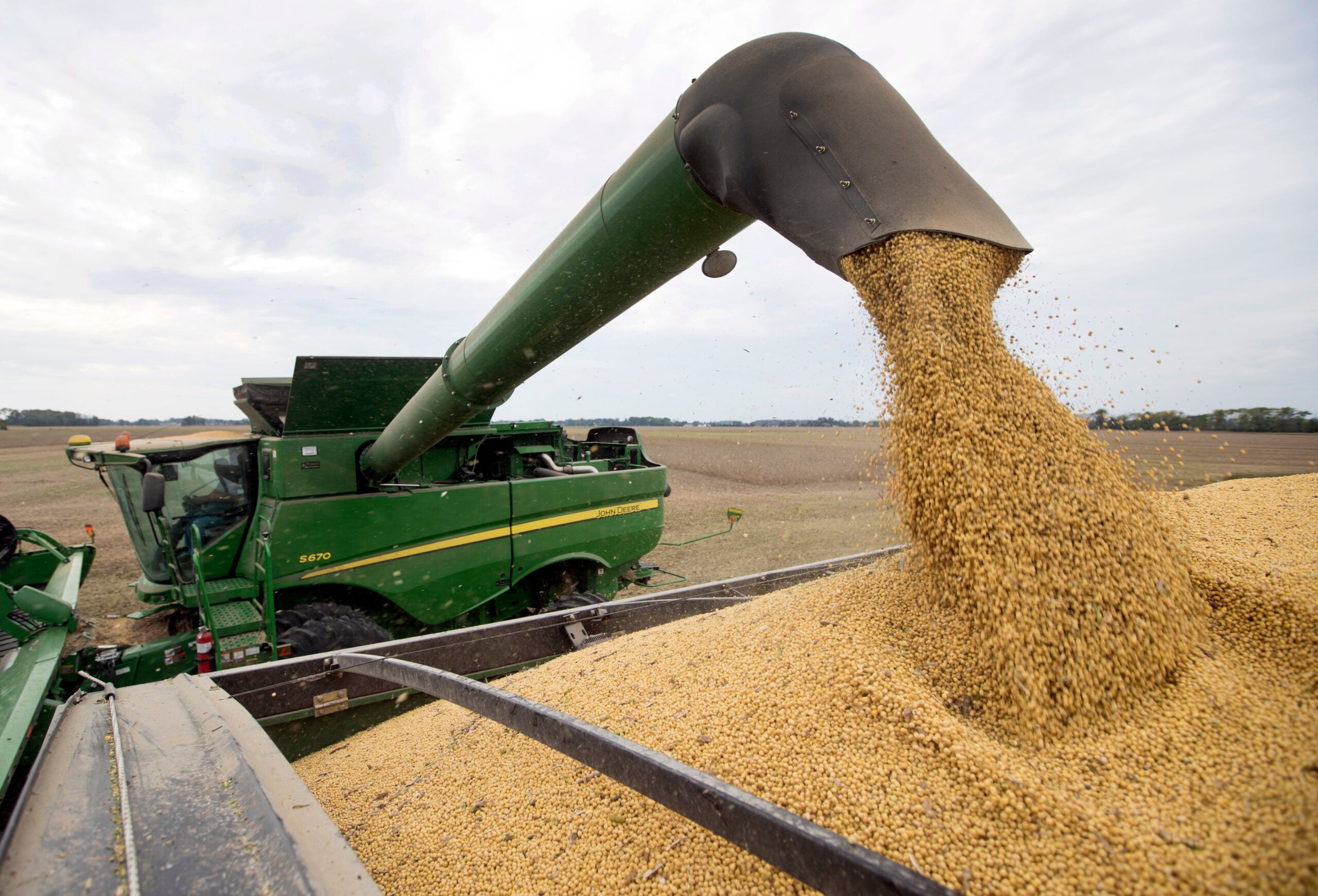Some Wisconsin dairy farmers are celebrating the new trade agreement between the United States, Canada and Mexico that could replace the North American Free Trade Agreement.
No longer called NAFTA, the new United States-Mexico-Canada Agreement, or USMCA, was announced Sunday night.
In the treaty Canada agreed to end it’s Class 7 milk price, a category that allowed Canadian producers to sell certain milk ingredients below the price charged by U.S. producers. Some American dairy groups say the policy has undercut U.S. producers hoping to export to Canada and other countries.
Stay informed on the latest news
Sign up for WPR’s email newsletter.
Wisconsin’s Grassland Dairy blamed the policy for lost sales which the processor said forced it to cut milk contracts for dozens of state farmers last spring.
“We’ve been looking for some good news for quite some time in the trade department for agriculture. And this agreement appears to have some positive things in it,” said Jim Holte, president of the Wisconsin Farm Bureau Federation.
Canada has also agreed to allow more U.S. products into their dairy market, which is controlled by a national quota system.
Brody Stapel, board president of Edge Dairy Farmer Cooperative, said the treaty won’t be a major change in export numbers. But it is important that the three countries make a deal work.
“This is definitely a sigh of relief that we can get Mexico and get Canada done. And now I guess we turn our sights to the next big thing,” Stapel said. Resolving trade disputes with China is more important to growing export markets, he said.
But not all farm groups are happy with the NAFTA replacement.
Kara O’Connor, government relations director for the Wisconsin Farmers Union, said the small wins in Canada won’t fix the underlying problem in the American dairy industry.
“The best estimate that we have now is that the additional sales that the U.S. will be able to send into Canada will equal less than 2 percent of total U.S. sales by value of dairy products,” O’Connor said.
O’Connor said the U.S. needs an incentive for individual farmers not to overproduce, much like Canada’s quota system.
She said the Wisconsin Farmers Union is also disappointed the new trade agreement leaves the door open for foreign businesses to challenge American law and doesn’t require labeling of foreign-produced meats.
O’Connor said these issues could be addressed by Congress before it approves the trade agreement. President Donald Trump and his counterparts in Canada and Mexico are expected to sign the USMCA by the end of next month. Congress then has to approve the deal, which is likely to be up for a vote next year. In the meantime, Congress is still working on passing an overdue Farm Bill and focusing on the fast-approaching November elections.
Wisconsin Public Radio, © Copyright 2025, Board of Regents of the University of Wisconsin System and Wisconsin Educational Communications Board.






